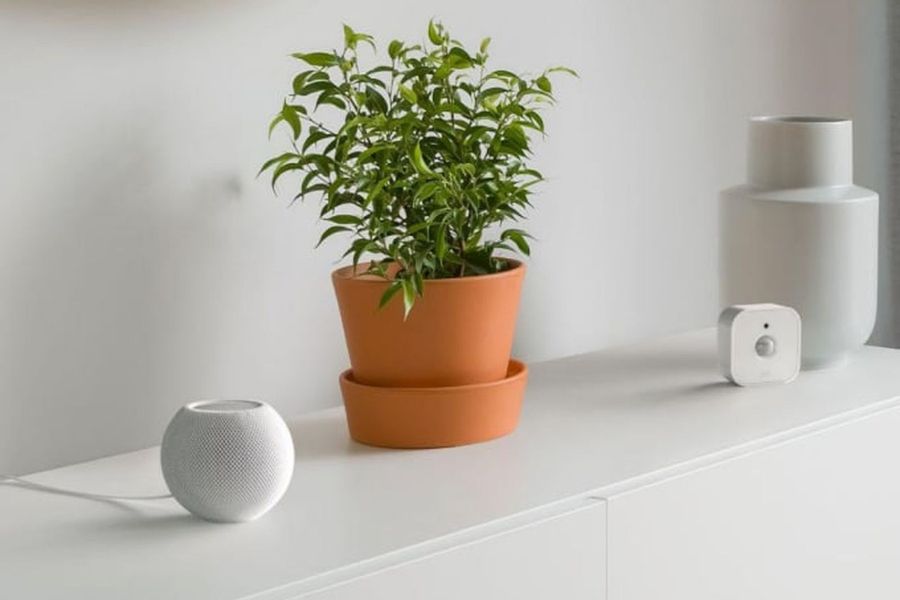For years, Dr. Marina Vance, an assistant professor of mechanical engineering and environmental engineering at CU Boulder, has researched indoor air pollution at the experimental air quality lab, with her focus being everyday particulate matter. In talking with CBS Denver, Vance has offered some interesting air cleaning advice, especially useful in areas currently being impacted by seasonal wildfires.
“You may not be able to tell the difference today or tomorrow in your quality of life, but it could make a big difference over the course of your lifetime if you protect yourself from air pollution,” said Vance.
HVAC Systems Aren’t Bulletproof
According to Vance, even well-sealed homes with good HVAC systems can still allow some of those particulates inside, so air cleaning provides that extra layer of protection. And there are plenty of air cleaners out on the market right now, with many more being added regularly.
“In the context of wildfires and the air pollution that we’re having in the Front Range, we really care about particulate matter and ozone,” Vance said. “Any solution to air filtration is going to be better than no solution but the quality of these is also going to vary greatly.”
Through her research, she has found the combination of box fans and air filters with a MERV rating of 13 or higher can provide some filtration in smaller spaces. However, the cheapest and simplest solution, she says, is to tape a filter directly onto the intake side of a box fan. A slightly more efficient, but expensive, variant of that involves forming a cube around the fan with 3 filters and a cardboard square.
Through her research, however, it’s incredibly important to take the context of the space into the account. The fan, for example, would not work as effectively when dealing with a larger space. She does state, however, that active cleaning still makes a significant different, especially as the problem of poor quality shows no sign of dissipating any time soon.






